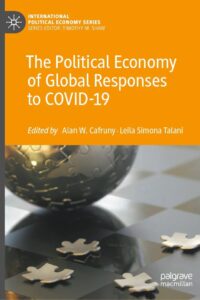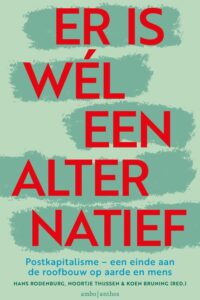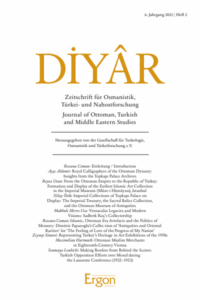As politics continue to seep further into social engagement with the current pandemic, this chapter draws on our experience with social tensions during this time to describe through the lens of cultural analysis how we react to precarity in order to better understand the transformations affecting our societies. Covid-19 has thrown a spotlight on increasing social inequalities and highlighted new forms of oppression. This chapter addresses a range of political perspectives of the lived experiences in and through social space with examples of narratives in language which capture the everyday political experiences. Focusing on the cultural attitudes of the post-vaccine era in Europe (i.e. the vaccine denialism, alarmism, the policy proposals to pay people to get the vaccine), as well as the language used and its profound effect on the growing discourse regarding social health, I explore the intertwining of language and politics during the pandemic and draw attention to the countervailing narratives that seem to be in constant tension. I then explore the implications of these novel processes for scholarship and expansion of knowledge as well as for demands for rights and equity.
The Political Economy of Global Responses to COVID-19
Conversation on Precarity: The Mutation of the Virus into a Public Health Risk on Equity



